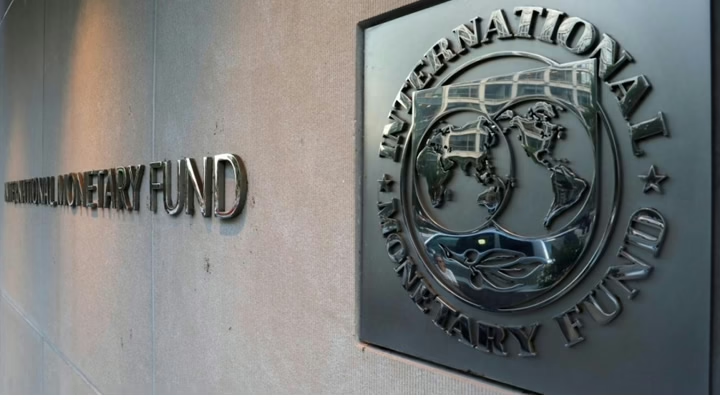As the global oil market experiences a downturn, Nigeria-a nation whose economy heavily leans on oil revenues-faces a growing financial challenge. The International Monetary Fund (IMF) has issued a cautionary alert, highlighting an impending surge in Nigeria’s budget deficit driven by falling oil prices. This warning underscores the intricate ties between global commodity fluctuations and national economic stability, signaling potential ripples across Nigeria’s fiscal landscape. In this article, we delve into the factors behind the IMF’s concerns, exploring what the falling oil prices mean for Nigeria’s budgetary health and broader economic future.
IMF Highlights Consequences of Falling Oil Prices on Nigeria’s Fiscal Stability and Urges Strategic Economic Reforms
The International Monetary Fund (IMF) has issued a stern caution to Nigeria regarding the risks posed by declining global oil prices, which threaten to widen the nation’s budget deficit and undermine fiscal stability. To counteract these economic headwinds, the IMF recommends a multifaceted reform agenda focused on:
- Enhancing revenue diversification to reduce the economy’s dependence on oil exports.
- Improving public financial management for greater transparency and efficiency in government spending.
- Implementing targeted social safety nets to protect vulnerable populations amidst economic volatility.
- Promoting private sector development to stimulate sustainable growth beyond the oil sector.
Below is a snapshot comparing Nigeria’s fiscal indicators before and after the recent drop in oil prices, highlighting the urgency for decisive reforms:
| Fiscal Indicator | Pre-Price Drop | Post-Price Drop |
|---|---|---|
| Budget Deficit (% of GDP) | 2.5% | 6.8% |
| Oil Revenue (% of Total Revenue) | 70% | 50% |
| Foreign Reserves (Billion USD) | 37 | 28 |
As Nigeria navigates the turbulent waters of declining oil revenues, the IMF’s warning serves as a crucial beacon, illuminating the challenges ahead. The country’s fiscal compass must now adjust to a new reality-one where resilience, diversification, and prudent management become the cornerstones of sustainable growth. In the shadow of falling oil prices, Nigeria’s fiscal story is still being written, and the choices made today will shape the economic landscape for generations to come.



















0 Comments